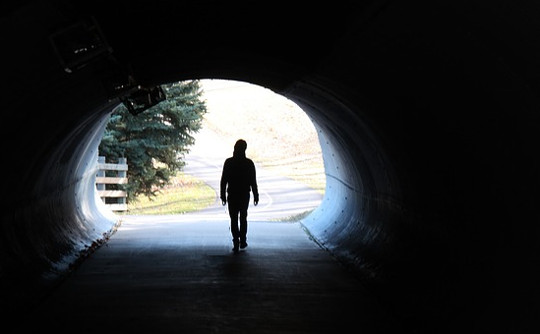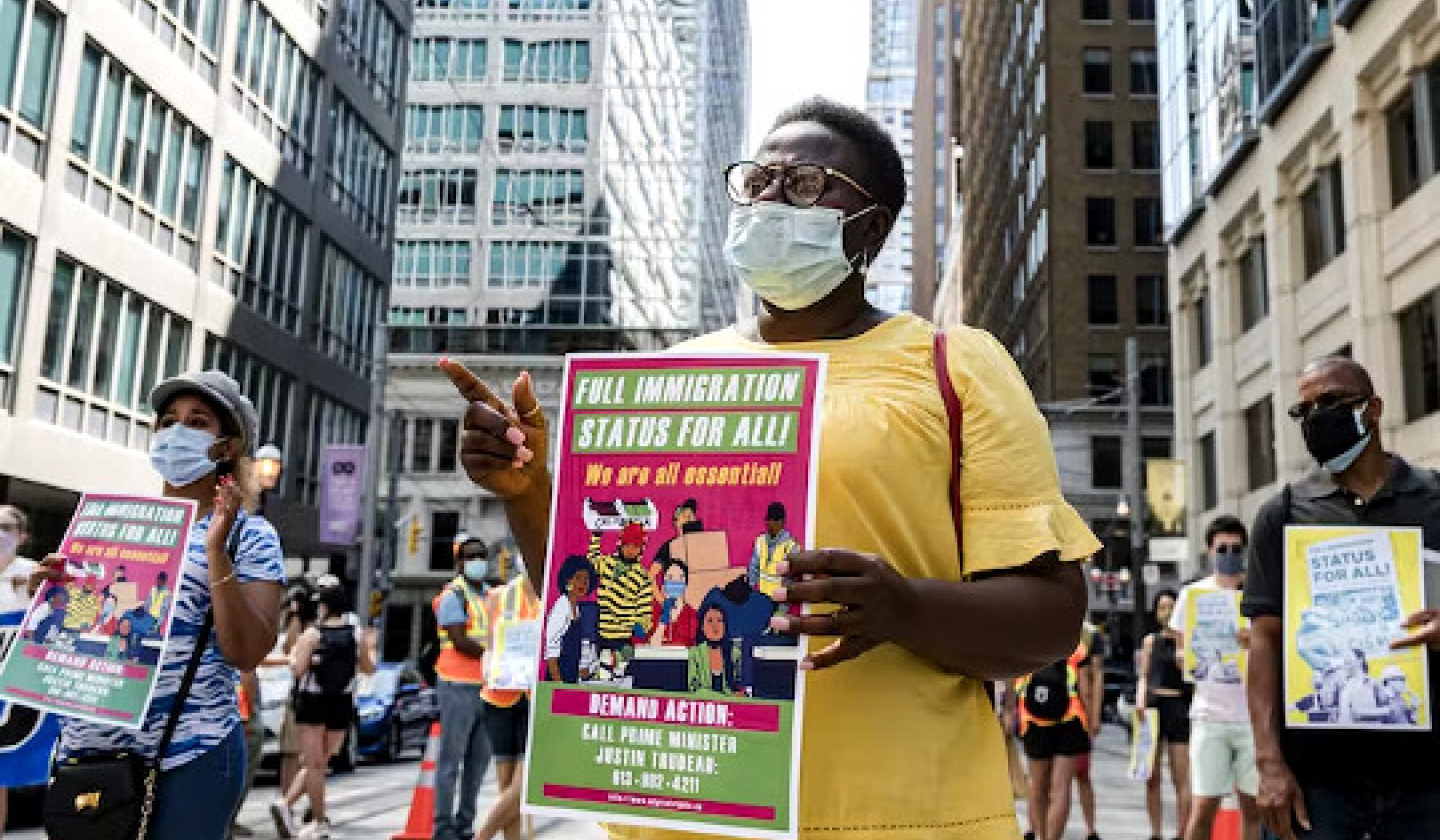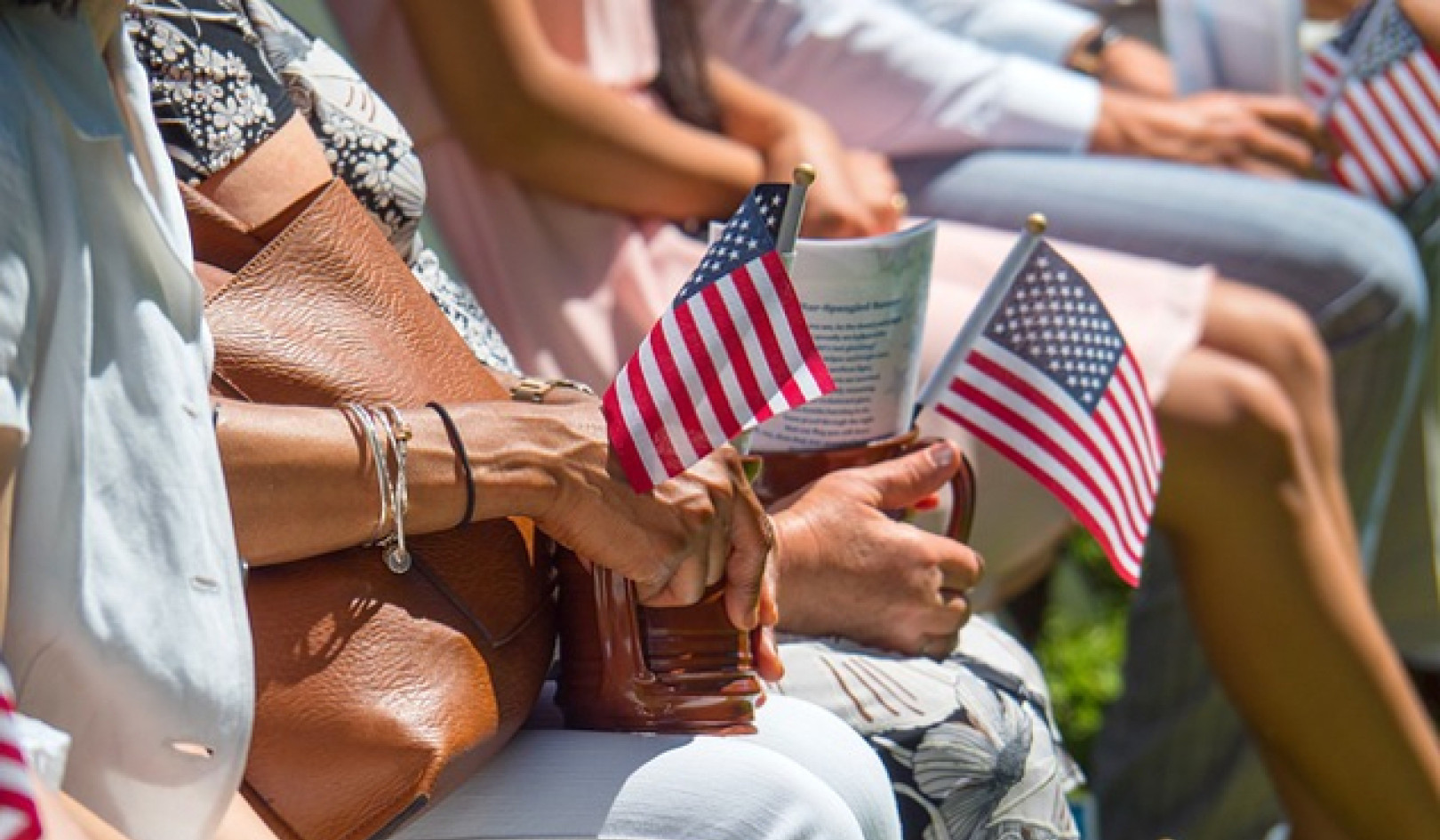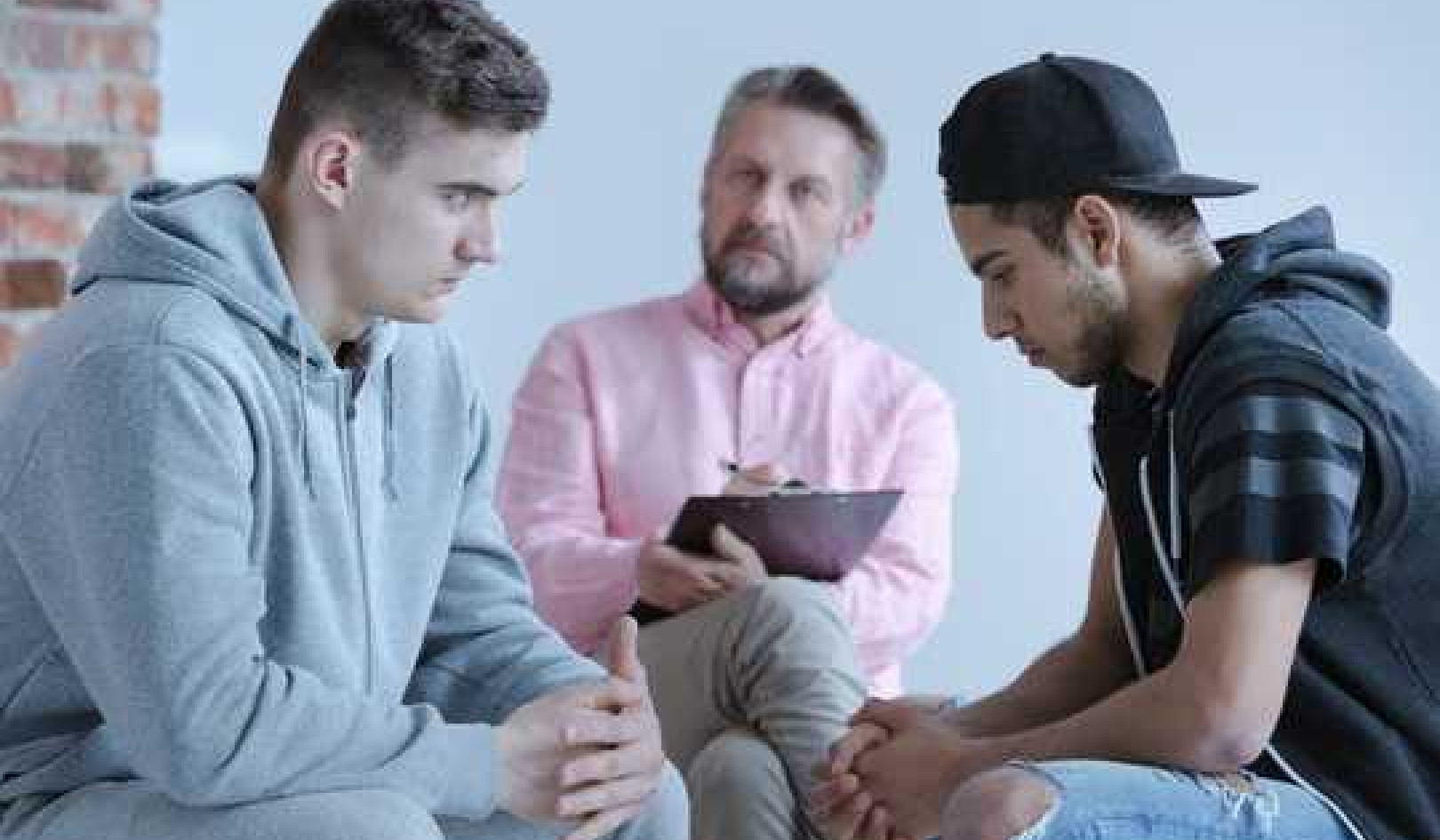
Many of us worry about some big things that are yet to come or might never come. We worry about finances, natural disasters, emergencies, terrorism and acts of war, health, aging, illness, death, and catastrophes, among other things.
Some things we have a capacity to prepare for, at least to a small degree. Other things, of course, are totally beyond our control. I'm not suggesting here that preparing yourself means being paranoid, but rather that preparing yourself mentally and materially helps eliminate some of the obstacles that get in the way of letting go.
When we prepare ourselves for certain calamities, we give ourselves a better chance of feeling secure, maintaining a sense of peace, making it through safely, and hopefully letting go of our worry.
Four Types of People
When we talk about preparation, there are essentially four types of people. There are those who prepare but, despite their preparations, can't let go of their worry. Then there are those who don't bother to prepare but who worry nevertheless. There are also some people who don't prepare for much of anything, but they don't seem to worry about much either.
I would make the argument here that a total lack of preparation (whether one worries about it or not) is somewhat selfish because it means that, in an actual emergency, this person would require assistance that might have been unnecessary, had he or she taken the time to prepare. My dad always taught me that each of us is, ultimately, part of the solution or part of the problem! In my mind, when you're not prepared, you are indeed a part of the problem.
Finally, there is a category of people I'd like to encourage you to become one of. Specifically, it's the type of person who commits to making wise and reasonable emergency preparations, and who is informed about what to do, yet at the same time, who backs up these efforts and this attitude with a confident dismissal of worry.
Best Defense: Prepare and Let Go
To "prepare and let go" is your best possible defense, for several good reasons. Let's begin with the obvious. Being prepared or not can often make the difference between life and death for you, your family, even friends and neighbors.
Having an emergency plan that you have practiced many times can save your life during a fire, earthquake, or other natural disaster, or even during a human-caused emergency such as a robbery. It's important to know exactly what you would do, and how you would get out, protect your children (if you have any), and stay safe, depending on where you are during the crisis. It's important that you know how to turn off the gas or propane in your home, and that you're aware of any other safety precautions you should take during or after a crisis.
Having a working transistor radio with fresh batteries can help keep you informed about what's going on, should other communication devices requiring electricity be shut down or inoperable. It's also critical to have an adequate supply of fresh water, food that will keep for a long time, a (non-electric) can opener, warm blankets, a few fire extinguishers, a change of clothes, and any essential medication prescribed by your doctor that could be difficult to replace on short notice.
Having other things can also be potentially very important -- things such as dry matches, candles, extra flashlights, and an emergency medical kit. Some people want to have a little bit of cash set aside as well, and a cell phone, again with a charged battery. All these things, and any others that you can think of, should be kept in a safe place that will probably be accessible during a crisis.
The exact configuration -- the specifics and the amounts of your supplies -- will depend upon your individual circumstances and just how prepared you want to be. I've met some people who have enough supplies for a day or two, and others who are prepared for several months, should that become necessary.
Importance of Self-Preservation
Beyond the obvious importance of self-preservation, there is another reason to be prepared. During an emergency such as after an earthquake or hurricane, supplies in the immediate area can be limited. Stores, warehouses, and distributors can be damaged or completely shut down. This shutdown can create panic, because, obviously, anyone who hasn't taken the time to prepare will need to take immediate action.
Depending on the size and nature of the crisis, as well as where it is taking place, there could be thousands or even tens of thousands of people scrambling for the essential things they will need to get through the next period of time. The more people who panic or who even need things -- and the fewer the places there are to get them -- the worse the problem will be.
Other than a heroic act of saving another person's life, perhaps the single most important, unselfish thing we can do in a scary situation is to be fully prepared. Thus we can stay out of the way and not be part of the problem. The fewer people who need to scramble to obtain essentials, the more order there will be among us. Furthermore, if you have food and water and other essentials set aside, and your neighbors don't, you'll be in a position to be helpful. They will be less panicked as well. The simple act of being prepared can make you a hero, and it could literally save someone's life.
The Importance of Good Preparation
Knowing the importance of good preparation, why not prepare now, before you actually need to? It's very easy and will take a few hours at most. Lately, I've noticed that classes are being offered on the best ways to prepare for different types of emergencies. Why not consider taking one of these classes and talk to others as well, about what they have done to prepare?
Prepare while it's not an emergency, when you have the time and you're not feeling scared, and while there are plentiful supplies available. If you have kids, be certain to share with them what you are doing and educate them on the plan. I just heard a beautiful story about a family of five who escaped a horrible, destructive fire. They were completely unharmed, and the parents attributed their survival almost totally to the specific fire plan they had practiced less than a week before.
What If Everyone Was Prepared?
Can you imagine what would happen, at a community level, if everyone was adequately prepared for an emergency? It would ensure that the greatest number of resources, and the least chaotic environment, would be available for emergency workers, police and fire personnel, and others to help those in need. In certain situations, you too might be available to help or rescue others, assuming you weren't one of the people scrambling for supplies. Every one of us makes a difference, and I can't think of an argument against being prepared.
Beyond the "prepare" side of the equation, however, it's also important to "let go" of your fear. Now that you've prepared and have a plan, you can rest assured that you have done everything that you can do. This being the case, it's time to let go.
My own experience has been that the fear will probably continue to come up from time to time. When it does, ask yourself if you are as prepared as you can be for the types of concerns that could manifest themselves. If you're not, decide what action you are going to take, and when you are going to do it. Then be sure to prepare.
Stay As Lighthearted & Detached As Possible
If you have already prepared, however, stay as lighthearted and detached as possible as you gently but confidently dismiss an excess fear you might have. You might think of your fear as you would a tape recorder, playing tapes that are no longer necessary. That's what I did. After too many years of worrying too much, I realized it was time to switch off the tape, or at the very least, lower the volume. The metaphor has been helpful.
My advice here is simple. Do everything within reason to prepare for the multitude of things that "could happen." Do so calmly and wisely, and make sure you are using sound judgment and wisdom, and not reacting from paranoia.
Once you're adequately prepared, remind yourself, frequently at first, that you have done everything you can from a practical standpoint. The more confident you become about your own preparedness, the easier it will be to let go. The remainder of your preparedness occurs in your attitude and thoughts. It has to do with seeing the value of letting go of your fear so that you can fully enjoy your life. By preparing and letting go, you will not only be helping yourself, but you'll also be making a valuable contribution to the security of your community and to everyone's sense of well-being.
Reprinted with permission of the publisher,
Hyperion. ©2002. www.hyperionbooks.com
Article Source
What About the Big Stuff?: Finding Strength and Moving Forward When the Stakes Are High
by Richard Carlson, Ph.D.
 With more than 21 million copies in print, Richard Carlson's bestselling Don't Sweat series has shown countless families, lovers, and professionals how not to sweat the small stuff. In this groundbreaking book, Carlson tackles the difficult issues--from illness, death, injury, and aging, to alcoholism, divorce, and financial pressures--with his trademark and eminently helpful advice.What About the Big Stuff? will help anyone feel better able to deal with life's twists and turns by offering warm, reassuring guidance
With more than 21 million copies in print, Richard Carlson's bestselling Don't Sweat series has shown countless families, lovers, and professionals how not to sweat the small stuff. In this groundbreaking book, Carlson tackles the difficult issues--from illness, death, injury, and aging, to alcoholism, divorce, and financial pressures--with his trademark and eminently helpful advice.What About the Big Stuff? will help anyone feel better able to deal with life's twists and turns by offering warm, reassuring guidance
Info/Order this paperback book and/or download the Kindle edition.
About the Author
 RICHARD CARLSON is the bestselling author of Don't Sweat the Small Stuff at Work; Don't Sweat the Small Stuff for Teens; and Don't Sweat the Small Stuff for Men, among many other titles. Richard passed away unexpectedly on December 13, 2006. For more info on Richard's writings and work, visit the Don't Sweat website at www.dontsweat.com.
RICHARD CARLSON is the bestselling author of Don't Sweat the Small Stuff at Work; Don't Sweat the Small Stuff for Teens; and Don't Sweat the Small Stuff for Men, among many other titles. Richard passed away unexpectedly on December 13, 2006. For more info on Richard's writings and work, visit the Don't Sweat website at www.dontsweat.com.
More books by this Author
at InnerSelf Market and Amazon



























